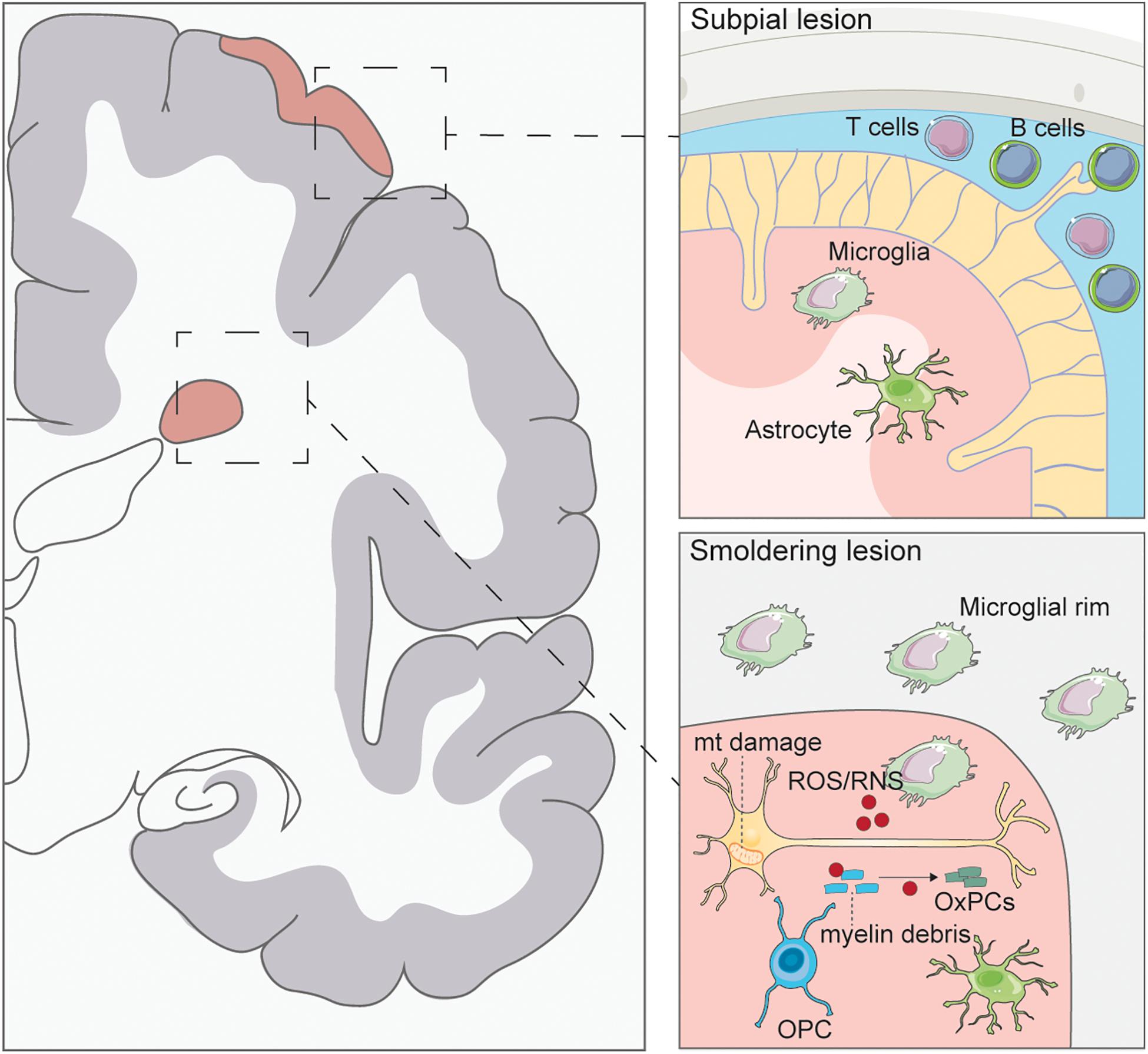The Main Principles Of Regenerative Medicine For Multiple Sclerosis
Table of ContentsThe Best Strategy To Use For Regenerative Medicine For Multiple SclerosisMore About Regenerative Medicine For Multiple SclerosisGetting My Regenerative Medicine For Multiple Sclerosis To WorkThe Facts About Regenerative Medicine For Multiple Sclerosis UncoveredThe 7-Second Trick For Regenerative Medicine For Multiple SclerosisAbout Regenerative Medicine For Multiple SclerosisWhat Does Regenerative Medicine For Multiple Sclerosis Do?
The mesenchymal stem cells transplanted throughout stem cell therapy can divide and grow to form brand-new cells that can replace the damaged cells of the nervous cells. This might restore neurological functions in individuals with this problem. These benefits of stem cell therapy are additional supported by the capacity of MSCs to promote healing.Individuals with multiple sclerosis are typically treated with mesenchymal stem cells. These are multipotent stem cells that have the capacity to distinguish and grow to form a variety of cell key ins the body. When hair transplanted, these stem cells can establish to create healthy and balanced afferent neuron thus sustaining the regeneration of the damaged cells of the anxious system.
As soon as transplanted, the stem cells move to areas of swelling or damages within the main nerves (CNS). They are normally brought in to the sites of injury where the immune system is assaulting the myelin sheath, the safety covering of nerve fibers. The stem cells function by promoting the repair and regeneration of harmed myelin, potentially restoring function to influenced afferent neuron.
An Unbiased View of Regenerative Medicine For Multiple Sclerosis
Stem Cell Research Study on MS The National Multiple Sclerosis Society, along with various other companies, is actively funding and supporting study into mesenchymal stem cell treatment for several sclerosis to discover their potential and boost therapy methods. The goal is to establish more secure and much more reliable means to make use of stem cells in dealing with MS.
Some Known Questions About Regenerative Medicine For Multiple Sclerosis.
Here are below from evaluations of individuals Swiss Medica clinic. The individual traveled from Romania looking for therapy for MS after hearing positive responses regarding stem cell treatment for the illness.
Obtain a free online assessment to learn exactly how stem cells will function for your instance, and what are the duration and cost of the therapy. Uccelli, A., Laroni, A., Brundin, L., Clanet, M., Fernandez, O., Nabavi, S. M. Regenerative Medicine for Multiple Sclerosis., Muraro, P. A., Oliveri, R. S., Radue, E. W., Sellner, J., Soelberg Sorensen, P., Sormani, M. P., Wuerfel, J. T., Battaglia, M
Stem cells are cells in the body that can mature into develop right into that serve a specific functionParticular There are 2 main kinds of stem cells: embryonic stem cells and grown-up stem cells.
are discovered in some grown-up tissues and body organs including the bone marrow, skin, blood, and brain. Grown-up stem cells are not as flexible as embryonic stem cells and are as a result extra limited in terms of the types of cells they develop right into. The distinct residential or commercial properties of stem cells give assurance for new treatments that can slow/halt MS condition task and repair tissue damage in the central nervous system.
Getting The Regenerative Medicine For Multiple Sclerosis To Work

The treatment entails gathering stem cells from an individual's own (autologous) bone marrow. The person is after that treated with radiation treatment to deplete the body immune system and stem cells are reintroduced right into the body where they grow into brand-new, healthy immune cells - Regenerative Medicine for Multiple Sclerosis. Stem cells can be infused into the body in various ways

In 2000, the MS Culture of Canada and MS Scientific Study Foundation funded a clinical test including HSC transplants, led by Drs. Mark Freedman and Harry Atkins from the Ottawa Medical Facility Study Institute/University of Ottawa. The aHSC treatment readily available in Canada is a treatment that utilizes high-dose radiation treatment, likewise called conditioning.

4 Easy Facts About Regenerative Medicine For Multiple Sclerosis Shown
Neural stem cells (NSC) are discovered in the brain and can mature into various sorts of mind cells consisting of nerve cells, oligodendrocytes, and astrocytes. NSCs might offer to repair or protect the mind and regulate the immune system. Early clinical tests in non-human primates demonstrated that therapy with NSCs benefitted the development of MS-like condition in pet versions.
The arise from these safety studies are favorable for future stem cell and regenerative medication treatments in MS. Future professional tests (phase 2 and 3) with bigger numbers of individuals and controls are essential to examine the efficacy of this therapy for MS. As demonstrated by the instances above, there is a substantial range of study occurring that will certainly supply added solutions about the visit this site usage of stem cells to deal with MS.
Stem cell treatment is taken into consideration safe, however, like any type of clinical procedure, it lugs some dangers, such as momentary swelling or pain at the shot site. Major side effects are rare when done by qualified professionals.
The Ultimate Guide To Regenerative Medicine For Multiple Sclerosis
Numerous sclerosis (MS) is a persistent condition of the main anxious system that impacts the brain and spine. It is characterized by the destruction of myelin, a material that covers nerve fibers, leading to disruptions in communication in between the mind et cetera of the body. Signs and symptoms can differ widely and consist of muscle mass weak point, vision problems, discrepancy, and tiredness.
Multiple sclerosis is defined by the body immune system wrongly striking the safety sheath (myelin) that covers nerve fibers, creating communication issues between the brain and the remainder of the body. The disease can bring about the deterioration or long-term damages of nerves. Symptoms vary extensively among clients and can consist of fatigue, flexibility concerns, pain, and cognitive adjustments.